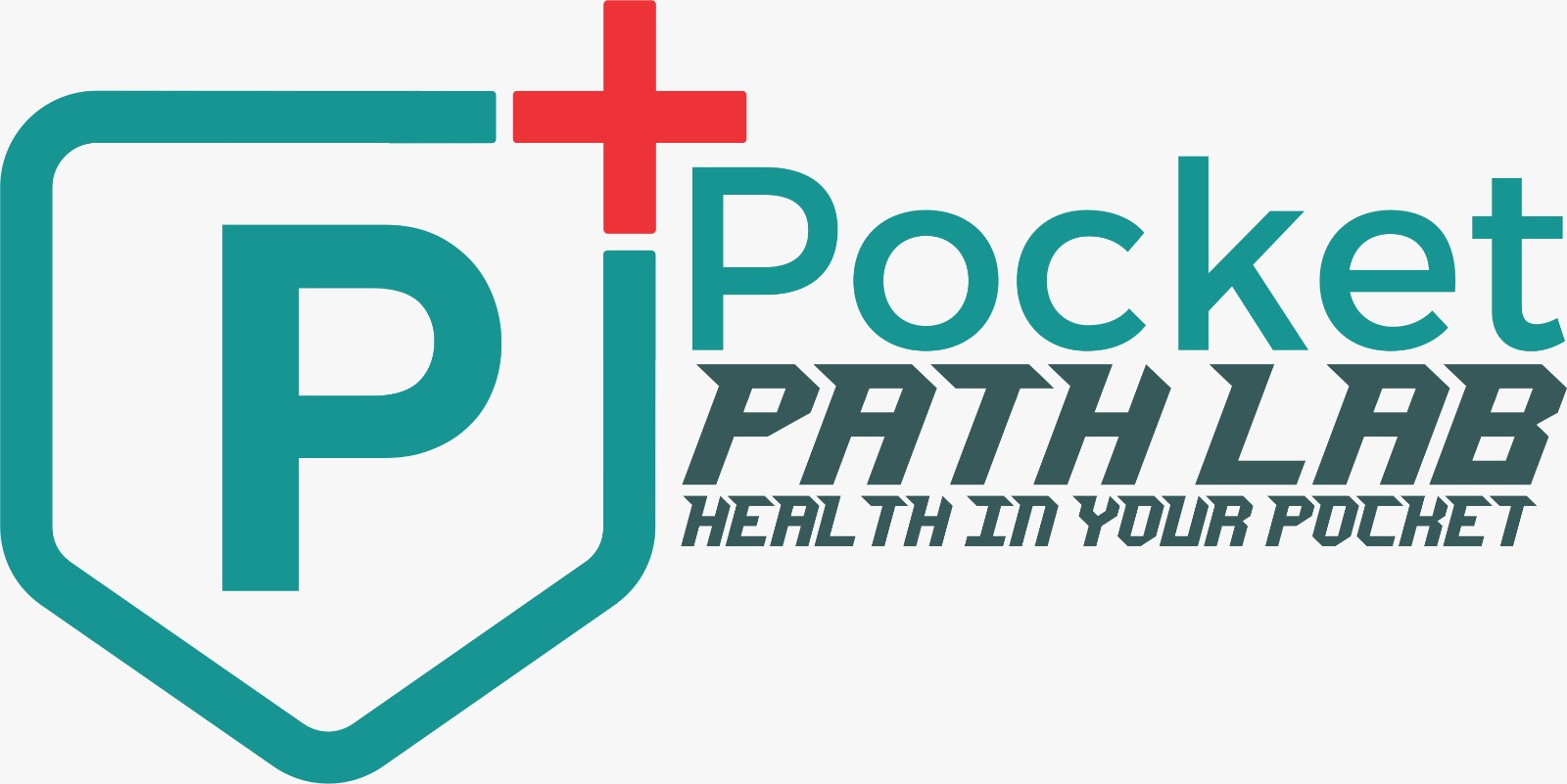Save ₹600

ANC Profile
ANC Profile
Parameter Included:
UPTO
50% OFF
OFFER FOR YOU
₹1200
₹600
₹1,200 ₹600
ANC Profile
An ANC (Antenatal Care) Profile is a comprehensive set of tests and assessments conducted during pregnancy to ensure the health and well-being of both the mother and the developing fetus. These tests help monitor the progress of the pregnancy, detect potential complications early, and provide essential information for making informed healthcare decisions. Here’s a detailed description of the key components typically included in an ANC Profile: Components of an ANC Profile: Complete Blood Count (CBC): Description: Measures levels of red blood cells, white blood cells, and platelets. Importance: Detects anemia, infections, and other blood-related conditions that can affect pregnancy. Blood Group and Rh Factor: Description: Determines the mother’s blood type and Rh factor (positive or negative). Importance: Identifies potential Rh incompatibility between mother and baby, which can lead to complications like hemolytic disease of the newborn. Urine Analysis (Urinalysis): Description: Examines a urine sample for signs of infection, protein, glucose, and other abnormalities. Importance: Detects urinary tract infections, gestational diabetes, and preeclampsia. Blood Glucose Levels: Description: Measures the amount of glucose in the blood. Importance: Screens for gestational diabetes, which can affect pregnancy and the health of the baby. Serology for Infections: Tests Included: HIV Test: Detects HIV infection to prevent mother-to-child transmission. Hepatitis B Surface Antigen (HBsAg): Screens for hepatitis B infection. Syphilis Test (VDRL or RPR): Screens for syphilis infection. Rubella Immunity: Checks for immunity to rubella (German measles). Toxoplasmosis: Screens for toxoplasmosis infection. Importance: Detects infections that can be harmful to the mother and baby and ensures timely treatment. Ultrasound Scans: Description: Uses sound waves to create images of the developing fetus and the uterus. Importance: Monitors fetal growth and development, detects congenital anomalies, assesses placental position, and estimates the due date. Thyroid Function Tests: Description: Measures levels of thyroid hormones (TSH, T3, T4). Importance: Ensures proper thyroid function, as thyroid disorders can affect pregnancy and fetal development. Blood Pressure Measurement: Description: Measures the force of blood against the walls of the arteries. Importance: Detects high blood pressure, which can indicate preeclampsia, a serious pregnancy complication. Hemoglobin Electrophoresis: Description: Analyzes different types of hemoglobin in the blood. Importance: Screens for hemoglobinopathies like sickle cell anemia and thalassemia, which can be inherited by the baby. Pap Smear: Description: Collects cells from the cervix to screen for cervical cancer. Importance: Detects abnormal cells that could indicate cervical cancer or precancerous conditions. Vitamin D and Iron Levels: Description: Measures levels of vitamin D and iron in the blood. Importance: Ensures the mother has sufficient levels to support pregnancy and fetal development, as deficiencies can lead to complications. Importance of an ANC Profile: Monitoring Health: Regularly checks the health of both the mother and the developing fetus. Early Detection: Identifies potential complications early, allowing for timely intervention and treatment. Preventing Complications: Helps manage conditions like gestational diabetes, preeclampsia, and infections to prevent complications. Guiding Treatment: Provides essential information for developing an appropriate care plan tailored to the individual needs of the mother and baby. Ensuring Safe Delivery: Monitors the progress of the pregnancy to ensure a safe delivery for both the mother and the baby.
Category: Pregnancy Test

